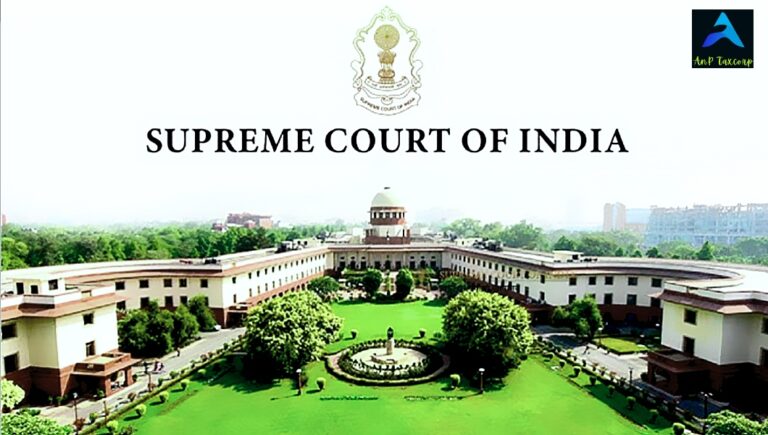Even small slip-ups in GST compliance can trigger hefty penalties, leaving businesses under pressure. One common issue is missing the biltee number (consignment note number) on invoices. In a recent landmark decision, the Supreme Court of India stepped in to provide relief, allowing businesses to avoid coercive action by paying just 20% of the disputed penalty. This ruling offers a practical lifeline for taxpayers, balancing strict compliance with fairness while disputes are resolved.
Background of the Case
Varun Enterprises, a registered GST taxpayer, faced a penalty for failing to mention the biltee number on its invoices. The authorities moved to recover the penalty, which could have included coercive actions such as attachment of assets or bank accounts.
Seeking relief, the company approached the Allahabad High Court, which observed that the taxpayer had shown willingness to comply by depositing a portion of the disputed penalty. The High Court ruled that no coercive action should be taken if 20% of the disputed penalty is paid, pending the final resolution of the matter.
Supreme Court Decision
The revenue department challenged this relief by filing a Special Leave Petition (SLP) in the Supreme Court. However, the Supreme Court dismissed the SLP, effectively upholding the High Court’s order. The Court confirmed that partial payment of disputed GST penalties is sufficient to temporarily shield taxpayers from coercive recovery actions.
Key Takeaways
- Partial Payment Provides Relief: Paying a portion of the disputed penalty can protect taxpayers from immediate enforcement actions.
- Judicial Balance: The courts continue to strike a balance between strict compliance and fairness, ensuring genuine disputes don’t unduly burden businesses.
- Guidance for Future Disputes: This ruling serves as a useful precedent for taxpayers facing penalties due to documentation issues under GST.
Conclusion
The Supreme Court’s dismissal of the SLP is a welcome development for businesses navigating GST compliance challenges. By allowing partial payment as a safeguard, the ruling provides a practical approach to managing disputes while protecting business continuity. Taxpayers now have a clear pathway to contest penalties without facing immediate coercive measures, reflecting a fair and balanced judicial approach.
